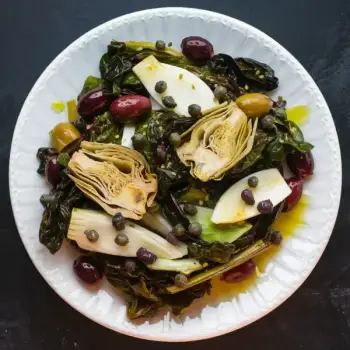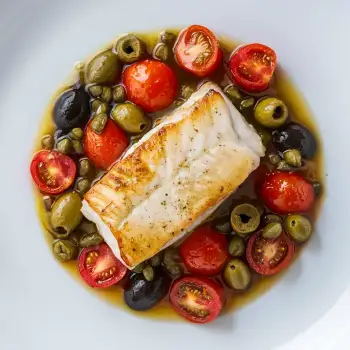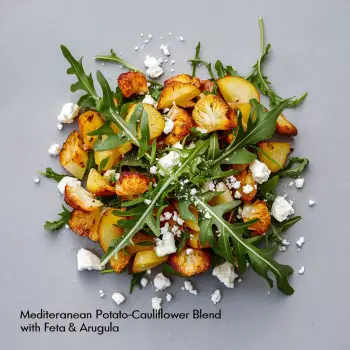


Whole
Olives can be found whole, with or without the pit, and are often used in salads, cocktails, and as part of antipasti platters.
Canned
Olives preserved in brine or oil in a can, offering a long shelf life and convenience.
Jarred
Olives stored in a jar, typically in brine, oil, or marinade, which can affect their flavor and texture.
Pitted
Olives that have had their pits removed, convenient for cooking and snacking without the hassle of removing the pit.
Pureed
Olives that have been blended into a paste, commonly used in spreads like tapenade or as a flavor base in Mediterranean dishes.
Sliced
Olives that have been pre-sliced, ideal for use as a topping on pizzas, in sandwiches, or in salads for a burst of flavor.
Stuffed
Olives filled with ingredients like pimientos, garlic, almonds, or cheese, offering a variety of flavors for appetizers and garnishes.




canned olives: Reese
jarred olives: Gaea
sliced olives: Pearls Olives
stuffed olives: Mezzetta
whole and pitted olives: Lindsay Olives

Baking: Baking olives can concentrate their flavors and is often used in dishes like olive bread or focaccia. Scatter whole or chopped olives onto the dough before baking to impart a savory note.
Sautéing: Sautéing olives with other ingredients can help to release their oils and enhance their flavor. This technique works well in pasta dishes, tapenades, or as part of a medley of Mediterranean vegetables.
Marinating: Olives can be marinated to infuse them with additional flavors. Combine olives with herbs, garlic, citrus zest, and olive oil, then let them sit for several hours or overnight to allow the flavors to meld.













